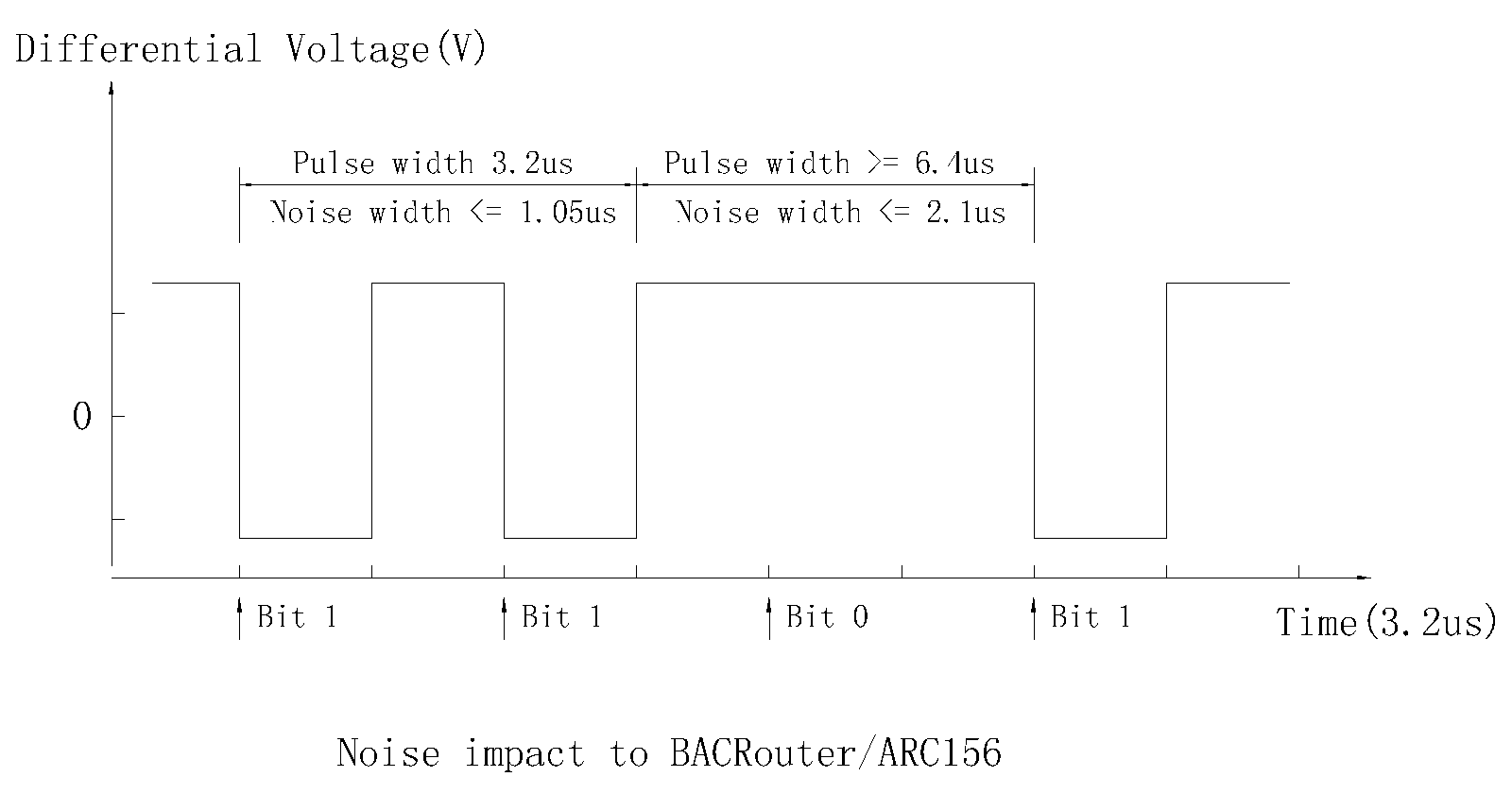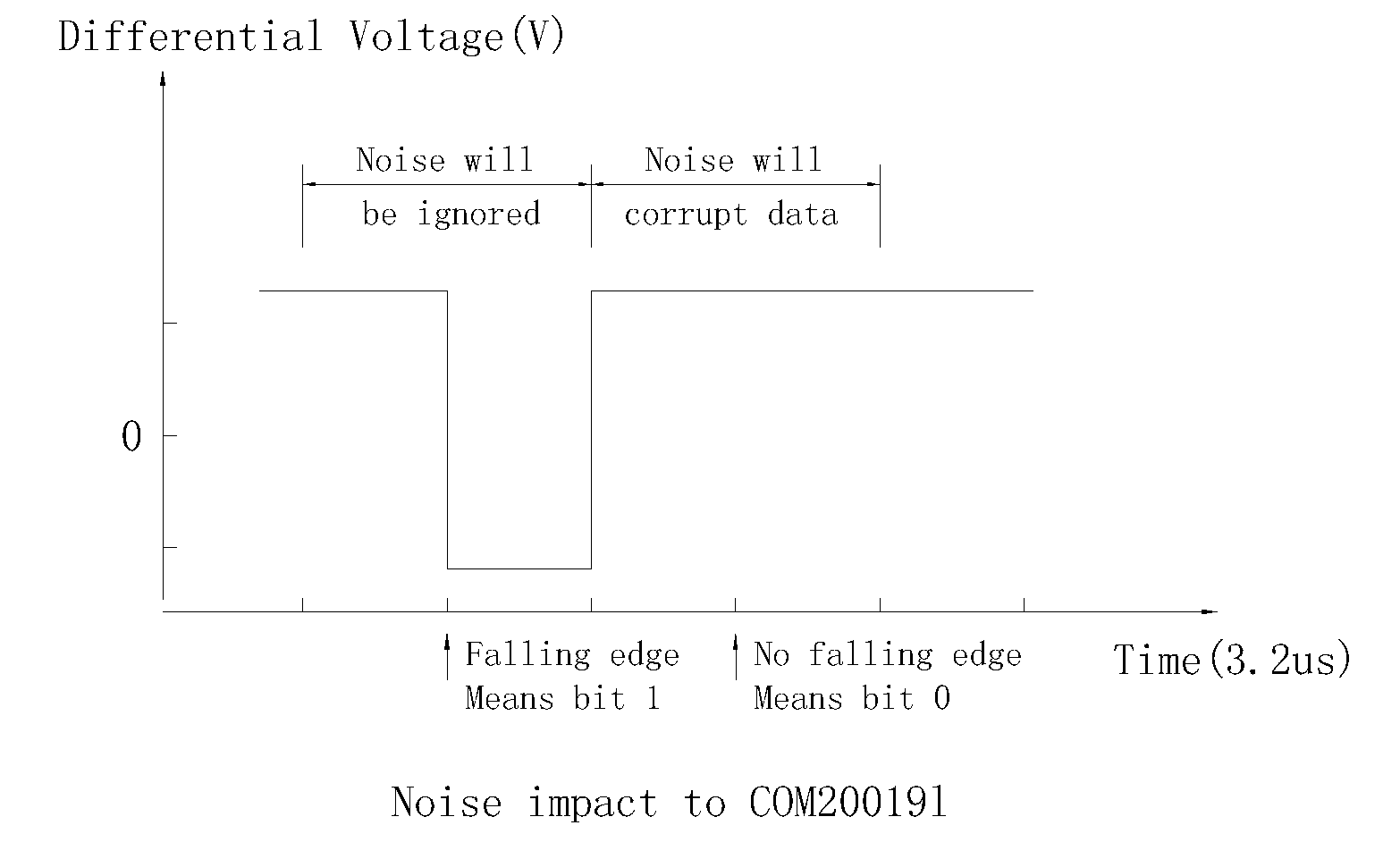BACRouter switched to ARM soc from v6.00. Now the firmware file format is xxxx_xxxx_6.00_arm_xxxx.tar.gz
For firmware version prior to v6.00, please visit: old firmware
Bugfix for Modbus and FreeClient: In very noisy environment, RS485 communication may stall.
6.21 2025.10.30
Modbus mapping output objects add support to “write only” via setting output feature. If a output object is write-only, its reliability property will be NO_OUTPUT when startup until a write command is received, then it will keep writing last command for every “offline update interval”.
WebUI Bug from v6.10: In device runtime info dialog of “Modubs Master Module” and “Free Client Module”, when button to modify present value is clicked, if the device has disabled point defined, wrong point may be selected.
UART decoder was improved. It has better noise immunity with start bit adjusting.
6.18 2025.10.04
Modbus bug on MultipleStateInput object introdued by v4.34: when a MSI object is mapped to holding register, its present value will not be updated.
Modbus WebUI bug on MultipleState object’s state string editing starting from v6.00 is fixed.
6.17 2025.09.27
Improvement over v6.16: Global broadcast now has a independent block rule.
6.16 2025.09.13
New feature: Relay block function allows user defined expression to control which packet is allowed to be relayed. Please access it on the “Network Settings” page.
A bug was introduced by v6.13. “Read coil from discrete” works reversed in the daemon, that is said, the daemon read coil from discrete when the flags is unset. The WebUI still takes right value when performing “Test read”.
When MSTP runtime info page on WebUI calcuates “Token pass rate”, there may be a “Divide by 0” except which will restart the daemon. It is usually triggered when token just start to pass.
6.14 2025.08.22
WebUI bug on Modbus TCP: Test will fail when slave address is out of range of 1~247 (The valid range of slave address for Modbus TCP is 0~255).
Modbus module now support device that its holding register or coil is write only, but the value of holding register and coil could be read from input register or discrete input at the same address offset. Please check “Read redirect” in “Modbus parameter”.
ARC156 revert change in last version: Give up recovery from noise after passing token.
ARC156: If next station had been verified, when passing token failed, retry it once.
ARC156: If a frame lasts less than 5 bits, regards it as noise.
ARCnet standard and Datasheet of COM20019i state that the accuracy of clock should be 0.01% or better, so our previous implementation utilize a conservative clock error correction logic to tolerate clock error to 0.05%. After testing ZN551 and AAR module, we found they actually tolerate clock error up to 4.5% when decoding packets(The reconfiguration process still require clock error less than 0.2%), they are supposed to synchronize receiver clock to pulse preceding every byte. In this version, we implement a aggressive logic to achieve similar or better performance.
6.10 2025.03.28
ARC156: The “Nodes on the bus” runtime info may detect non-existed node when two segments of bus with active nodes join together. The workaround is double detecting to avoid false signal.
ARC156: If BACRouter is the sole node on the bus, it will keep sending ITT(Invite To Transmit) to look for other nodes, none data packet can be sent. any NPDU sent to this port will be timed-out on the queue, then it will be annoying in the log. In this version, if BACRouter find itself is sole node on the bus, it will delete packet on the queue at a reasonable rate, and record it on the packet capture buffer to pretend sending the packet out. So when investigating packet captured, BACRouter are sending packets but get no response, this behavior is consistent to other data-link type.
Modbus RTU: Some devices do not respect T15 between bytes, we remove the verify to improve compatibility.
Application Settings: “Client Mode” is removed to comply to BTL requirement.
Modbus/FreeClient: When debugging the mapping or script, Writing from BACnet side usually need to be perform, user has to launch a BACnet client for example Yabe. There is often a BACnet server already running on the computer, so user has to start a VM to run Yabe. It wastes a lot time, so we integrate write function on the runtime info page.
MSTP bug to manipulate hardware will cause certain NPDU body discarded.
WebUI bug on Modbus Master Module:
When “Write Test” analog object mapping to single register, the byte order should respect to “Byte order for single register”, not “Byte order for big integer”.
When “Write Test” multi-state object mapping to 2 registers, the byte order should respect to “Byte order for big integer”, not “Byte order for single register”
The real value of binary object of free client device in “Runtime Info” page should respect to polarity setting.
Because BACRouter highly rely on high resolution timer, If there is electromagnetic disturbance, the crystal on the board may be disturbed, so timer will drift, lead to program malfunction. We add correct function in this version.
Bugfix for free client module’s binary output object. It was introduced by v6.01 Polarity feature.
Modbus master module: when writing to read only data address, some devices respond timeout instead of report a exception, which will cause BACRouter keeps trying and fails with offline. For this version, BACRouter will only try 3 times then gives up.
6.05 2025.01.04
Refactor low level arc156 and ms/tp drivers to simplify code.
ARC156 driver add logic to drop packet send to node responding excess NAK to Free Buffer Enquiry
WebUI: Remind user when IP or netmask has been changed but DHCP server keeps enabled,
Fix bug on ms/tp: Sending packet to ms/tp port with NPDU length near 1497 bytes may trigger the bug.
6.03 2024.12.25
ARC156 is usable now.
6.01 2024.12.06
Fixed bug on bus name collision detection for Modbus/Free Client module.
Free Client: Bianry objects add “Polority” attribute. Multistate objects add state quantity limitation of 256.
 Conclusion
Conclusion
